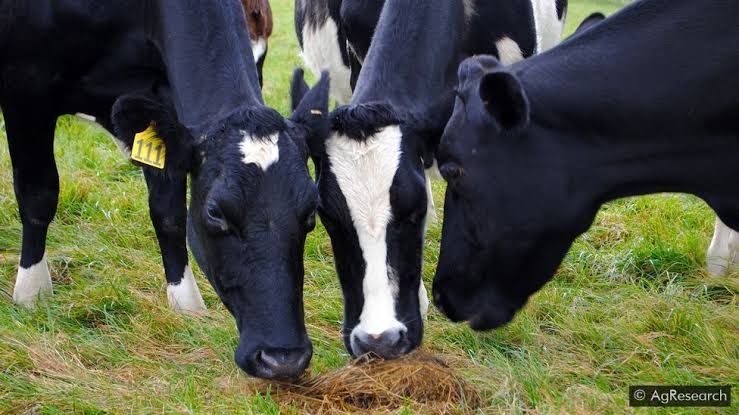Can genetics help create global warming-resistant cows

Livestock emit about 14.5% of all greenhouse gases, and now their gassy ways are coming back to haunt them. Dairy cattle are increasingly suffering from debilitating heat stress due to global warming. While vegan activists might suggest this would be a good time to lessen our dependence on animal products, scientists have another solution — use gene editing and cloning to produce a heat-resistant race of super calves.
Heat-stressed cows eat less, produce less milk and find it hard to conceive. Sometimes, they can even die because of the heat. Heat stress costs the U.S. dairy industry alone at least $900 million a year. On many small farms in the developing world, families don’t have cows to spare.
Read also: Philippines stops coal exploration, embrace green energy
“Rising temperatures and predicted longer and more intense periods of warm weather can only mean that the problems with heat stress and fertility will increase,” Goetz Laible, PhD, an animal scientist at New Zealand’s AgResearch, told Future Human.
Because darker colors absorb more light and heat, Laible and a group of other scientists used genetic engineering to lighten the coats of Holstein-Friesian cattle. These are the iconic white cows with big black spots.
The scientists used the gene-editing tool CRISPR to alter a pigmentation gene in cattle embryos. Then, they cloned the embryos and implanted them in 22 normal cows. Only two cows managed to carry their super calves to term.
Unfortunately, one died almost immediately and the other lived to be only four weeks old. Laible attributed the deaths to common complications of cloning rather than to the gene editing.
Acceligen, a Minnesota-based company, is experimenting with gene editing to give cows a “slick” trait. This is a genetic variant for a sleek, short coat which cools down cows in subtropical heat. The Bill & Melinda Gates Foundation has helped fund this work, hoping to someday introduce these cows to farmers in sub-Saharan Africa.
Scientists are aware of the possibility of editing mistakes and what they call “off-target” effects of CRISPR. But one wonders exactly how much they’ve learned from the past, as documented in popular entertainment. Film classics like Them!, Night of the Lepus and The Killer Shrews all clearly demonstrate the potentially deadly off-target effects of science on ants, rabbits and shrews, respectively. While we wait for the technology to be perfected, it’s not a bad idea to stock up on oat milk.
Credit: FutureHuman
